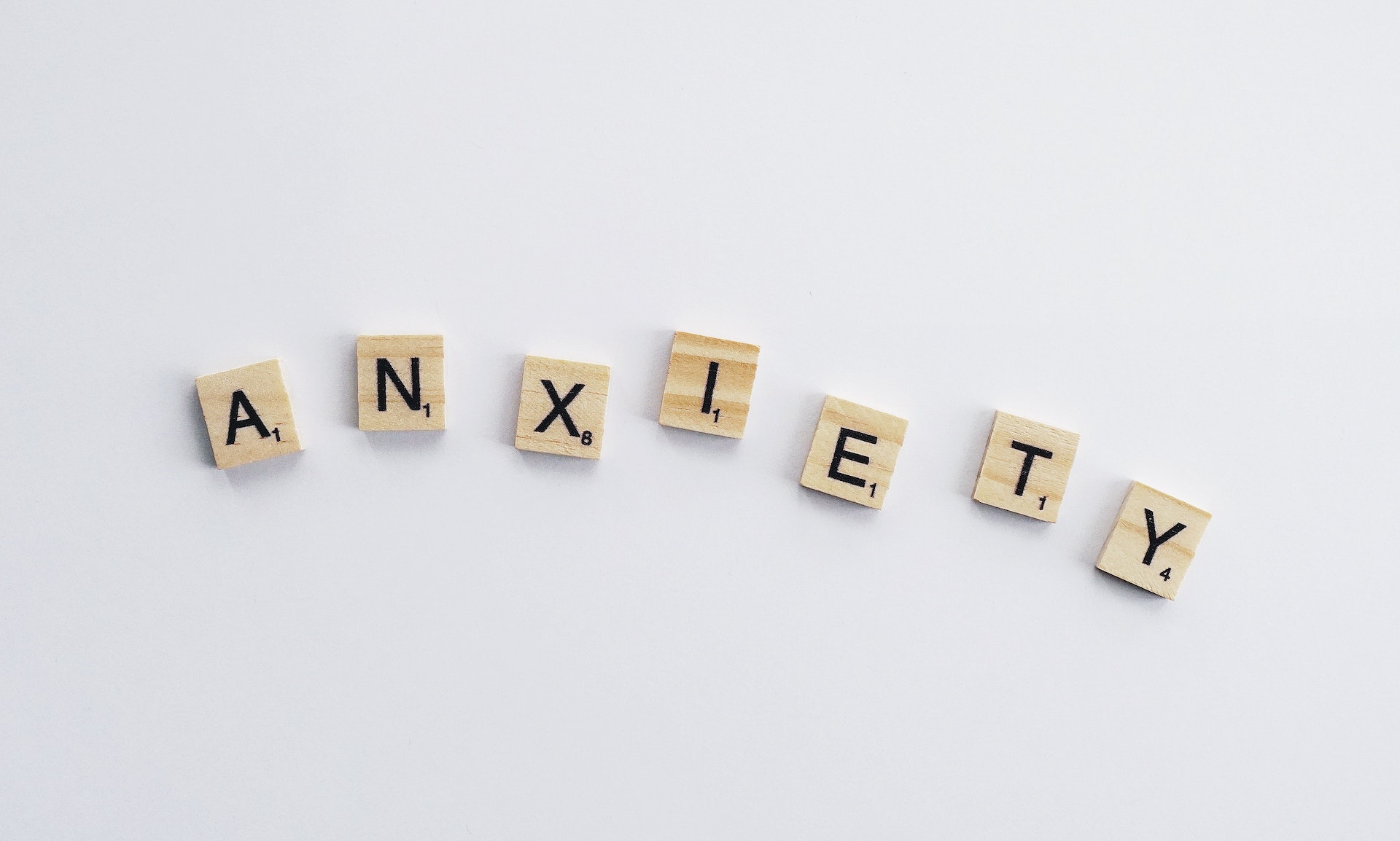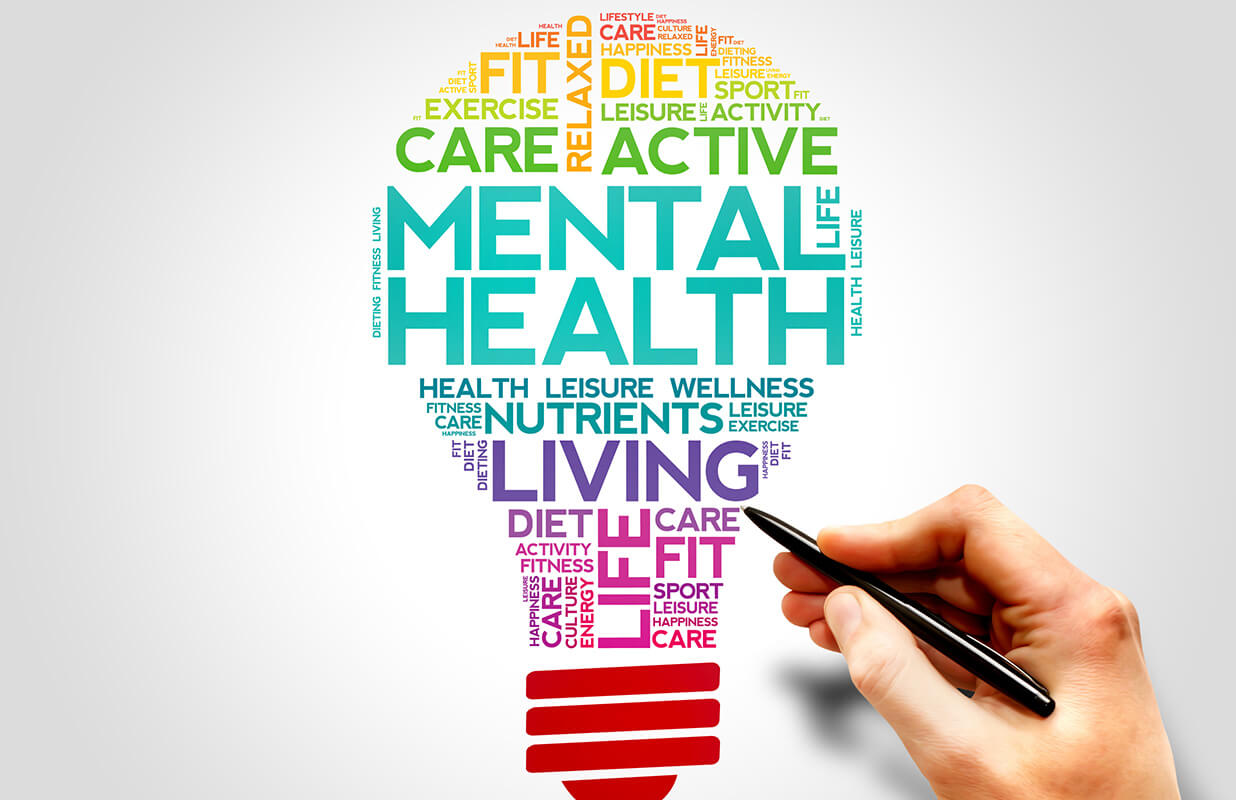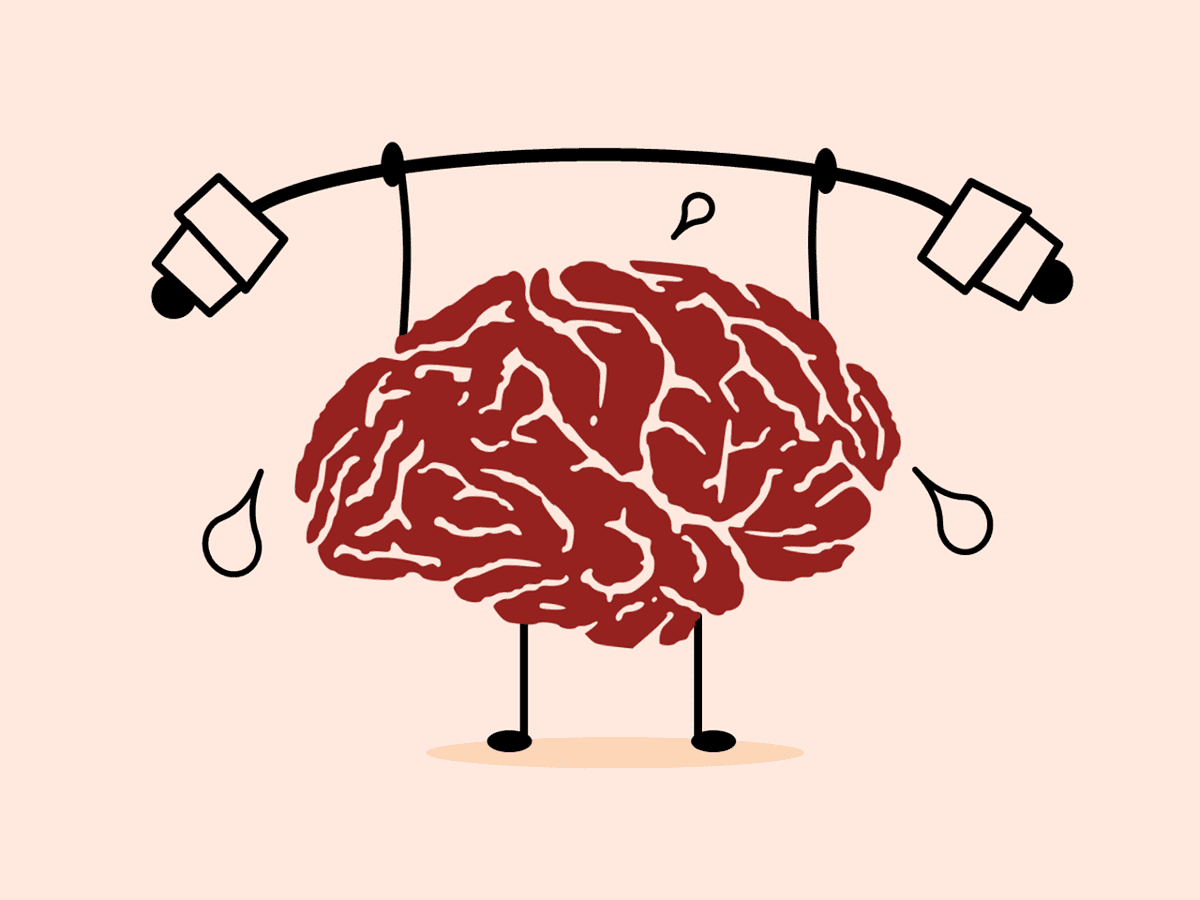Mental health disorders are becoming increasingly common in today’s society and have been a topic of discussion for many years. These conditions can range from anxiety and depression to more severe illnesses such as bipolar disorder, schizophrenia, or personality disorders. Unfortunately, the stigma surrounding mental health often leads people to feel ashamed or embarrassed about seeking help.
The impact of mental illness extends far beyond just the individual experiencing it; it affects their loved ones, coworkers, and even their community. Despite advances in medical research and treatment options over recent decades, there is still much work to be done in terms of understanding these conditions fully.
In this article, we will explore what causes mental health disorders, how they affect those who experience them, and some possible treatments that may provide relief. It is our hope that by doing so, we can contribute to reducing the stigma around mental health issues while also providing valuable information for those affected by them.
Understanding Mental Health Disorders
Understanding mental health disorders is crucial for individuals who are affected by them, as well as their loved ones. Mental health disorders refer to a range of conditions that affect an individual’s thinking, mood, and behavior. These can include anxiety disorders, depression, bipolar disorder, schizophrenia, eating disorders, and many more.
It is important to note that mental health disorders are not the result of personal weakness or lack of willpower. Rather, they are complex conditions that involve a combination of genetic, environmental, and psychological factors. Understanding this complexity can help reduce stigma around mental illness and encourage individuals to seek appropriate treatment.
One way to gain understanding about mental health disorders is through education and awareness-raising campaigns. These initiatives aim to promote accurate information about various types of mental illnesses so that people can recognize symptoms in themselves or others. Additionally, these campaigns can provide guidance on how to access support services like counseling or therapy.
Another important aspect of understanding mental health disorders is recognizing the different ways they may manifest in individuals. For example, one person with depression may experience persistent sadness while another may feel irritable or angry most of the time. By acknowledging the wide variety of experiences associated with different mental illnesses, we can develop empathy towards those experiencing them.
In order to address mental health disorders effectively, it is essential to have a deep understanding of what they entail. This knowledge helps us recognize when someone we care about might be struggling and encourages us to take steps toward finding solutions together.
Types Of Mental Health Disorders
Due to traits they share, particular mental diseases are categorized. Here are a few examples of mental illnesses:
1. Anxiety Disorders:

The most widespread mental illness, according to the Anxiety and Depression Association of America, is anxiety disorders. Individuals who suffer from these illnesses feel intense fear or worry in relation to particular things or circumstances. Most persons who suffer from an anxiety condition make an effort to avoid being around anything that makes them anxious. Examples of anxiety disorders are shown below:
- Generalized anxiety disorder
- Phobias
- Panic disorder
- PTSD
- OCD
2. Mood Disorders:
The terms affective disorders and depressive disorders are other names for mood disorders. These illnesses cause severe mood swings in affected individuals, which are typically either mania, a time of intense excitement and energy or sadness. Mood disorders include the following examples:
- Major Depression: A person with significant depression has a persistently depressed mood and loses interest in things and situations they once found enjoyable (anhedonia). People may experience intense sadness over extended periods of time.
- Bipolar Disorder: Bipolar disorder causes extraordinary fluctuations in a person’s mood, energy level, activity level, and capacity to carry on with daily activities. Manic periods are times of extreme mood, while depression phases are times of extreme low mood. To know more about bipolar disorder, click here.
- Seasonal Affective Disorder (SAD): This particular major depression is brought on by shorter daylight hours in the fall, winter, and early spring. It is highly common in nations that are far from the sun.
3. Schizophrenia Disorders:
The term “schizophrenia” is frequently used to describe a range of illnesses marked by severe psychotic symptoms. These are extremely difficult circumstances. Schizophrenia symptoms often appear between the ages of 16 and 30, according to the NIMH. The person may also have trouble processing information and have disorganized ideas.
Both negative and positive signs of schizophrenia exist. Delusions, thought disorders, and hallucinations are instances of positive symptoms, whereas withdrawal, a lack of drive, and an unsuitable or flat mood are examples of negative symptoms.
In the next section, we’ll explore some common treatment options available for managing mental health disorders.

Treatment Options For Mental Health Disorders
Ah, mental health disorders. The bane of many people’s existence. It seems like everyone these days is either diagnosing themselves with one or trying to cure their friend’s “anxiety.” But let’s be real here: mental health disorders are serious business and require proper treatment.
So what are the options for treating them? Well, there are quite a few actually. First off, medication can often do wonders in balancing out chemical imbalances that may be causing the disorder. Therapy is also a popular choice, allowing individuals to work through their issues with the help of a trained professional. And then there are more alternative treatments such as meditation and acupuncture which have been shown to provide relief for some people.
Of course, it’s important to note that not all treatments will work for everyone and it may take some trial and error before finding what works best for each individual case. It’s also crucial that those seeking treatment consult with a healthcare professional rather than relying solely on Google searches or advice from friends who read an article once.
But overall, it’s encouraging to know that there are options available for those struggling with mental health disorders. While it may take some time and effort to find the right path towards recovery, it is possible.
As we move forward into exploring coping strategies for mental health disorders, remember that treatment should always come first. Finding ways to manage symptoms on your own can certainly be helpful but they should never replace seeking professional help when needed. With that being said…
Coping Strategies For Mental Health Disorders

Dealing with mental health disorders can be a challenging experience, and finding ways to cope is essential. Coping strategies are techniques or actions that individuals use to manage their emotions, thoughts, and behaviors effectively. These strategies may not necessarily cure the disorder, but they can help an individual live a better life while managing their symptoms.
One of the most effective coping mechanisms for mental health disorders is exercise. Regular physical activity has been shown to alleviate depression and anxiety by releasing endorphins in the brain that improve mood naturally. Another useful strategy is self-care – taking time out of your day to do things you enjoy, such as reading a book or taking a relaxing bath, can boost your mood and reduce stress levels.
Mindfulness meditation is another technique that helps individuals stay present in the moment instead of dwelling on negative thoughts about the past or future. By focusing on breathing exercises and body awareness, one can learn how to regulate their emotional responses better. Additionally, seeking support from loved ones or joining support groups can provide comfort and guidance through difficult times.
Ultimately, there are many different coping strategies available for those dealing with mental health disorders. It’s important to find what works best for you personally so that you can maintain good mental health over time without feeling overwhelmed or stressed out. Remember, everyone’s journey towards healing looks different; it’s okay if some methods work better than others!
Early Signs Of Mental Health Disorder
No medical examination or scan can properly tell if someone has a mental disease. However, the following warning indicators of a mental health issue should be watched out for:
- Avoiding activities they would usually enjoy.
- Withdrawing from family, friends, and coworkers.
- Sleeping excessively or insufficiently.
- Eating excessively or inadequately.
- Feeling hopeless and having persistently low energy.
- Frequently displaying negative emotions while abusing mood-altering substances, such as alcohol and nicotine.
- Being confused making it difficult to carry out regular duties like making it to work or cooking a meal.
- Having persistent, recurring memories or ideas, considering harming oneself or others physically.
- Hearing voices, or going through delusions
Conclusion
In conclusion, mental health disorders are a complex and often misunderstood aspect of human behavior. However, with proper understanding and treatment options available, individuals can take control of their lives and receive the help they need to manage their condition. Coping strategies such as exercise, therapy or medication management all play important roles in helping those affected by a mental health disorder regain control over their lives.
Living with a mental health disorder is like navigating through rough waters; sometimes it’s smooth sailing while other times it feels like you’re constantly battling waves. But just like how a strong captain navigates through turbulent seas to reach safe harbor, individuals too can learn to navigate through their own struggles and come out stronger on the other side. Remember – seeking support is not a sign of weakness but rather an act of courage that can lead to growth and healing.



